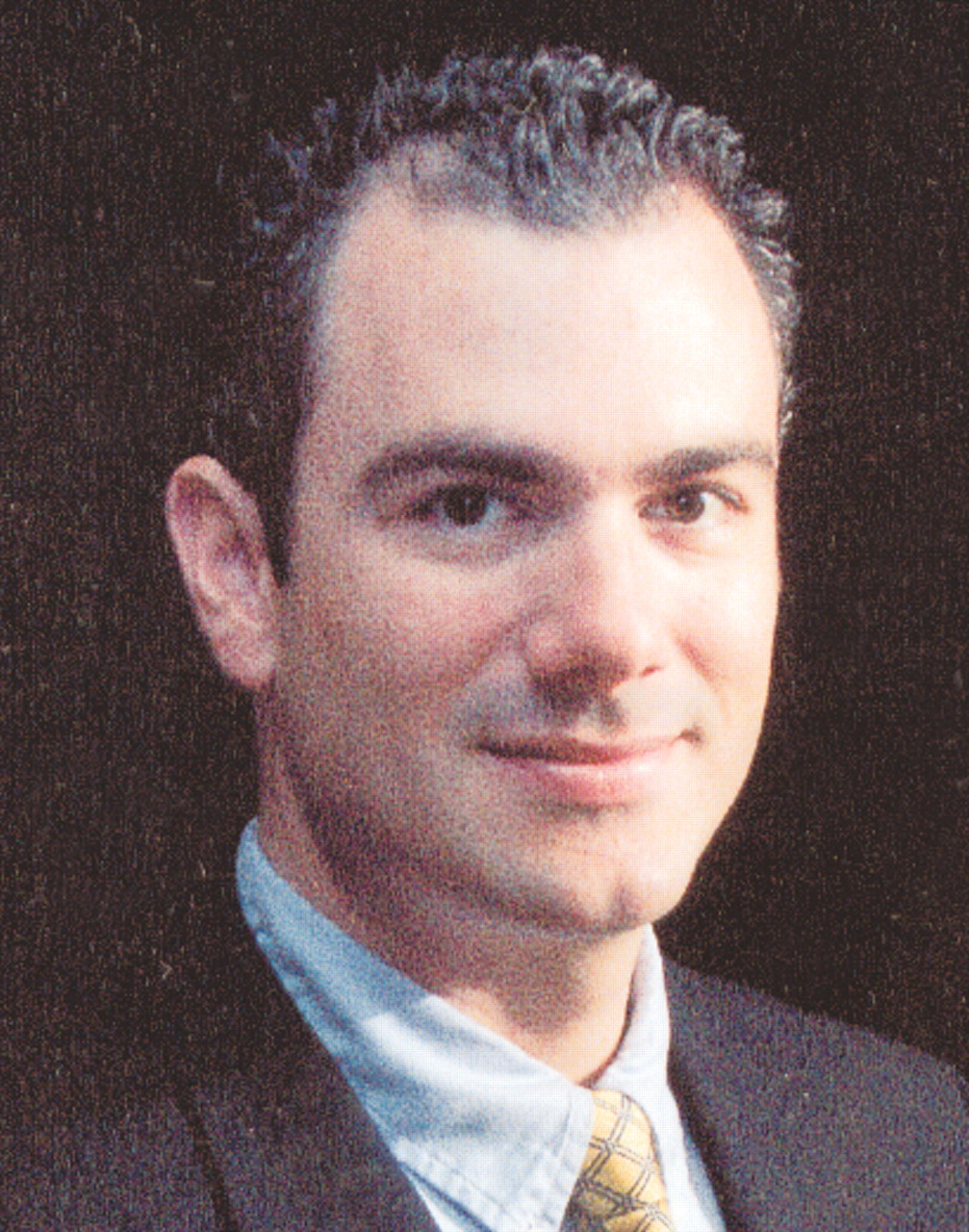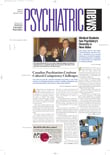As a recent psychiatry residency graduate and now a practicing psychiatrist, I realize that APA needs the assistance of the early career psychiatrists now, more than ever. We are facing a time in the practice of medicine when young physicians need to be active. I am not referring to the clinical aspect of seeing more patients, but to core principles of advocating for our patients and our profession. Our mentors and our senior colleagues are looking to us to lead our profession into the future. Passive moaning and complaining will be our downfall and can only harm our patients and our profession.
As psychiatrists, we are dealing with many serious issues that will affect how we practice and care for patients. We are dealing with state governments that allow clinicians who never went to medical school to prescribe medications. We are at a face-off with plaintiff lawyers who want to make money off our patients who take lifesaving psychotropic medications. We are fighting to gain and keep access to psychotropic medications for our indigent patients.
I am tired of hearing complaining about this and complaining about that. But why don't more of us get our hands dirty and do something about it? It may be easier to complain: it takes time and energy to do something. In an era of practicing medicine with increased clinical demands, increased nonbillable services, and decreased reimbursements, we are exhausted and frustrated. Upon completing residency, we are preoccupied with passing boards and establishing our practices. We don't want to do anything else, especially when the efforts seem daunting and goals unattainable. We are tired and want to have time for ourselves and families. We feel we need to decompress and blame everyone else. Isn't that what our society is teaching us—that it's everyone else's fault? But the truth is that it will be our fault if we don't act to make things better.
What can you and I do? We can become active in our district branch and in APA. You probably already have a good idea about the key issues that are affecting the practice of psychiatry. Educate other professionals and the community about psychiatry. Talk to psychiatrists who share similar interests and concerns. Write letters to the newspaper, communicate with the media, give lectures, and speak with your legislators. And don't give up. Perseverance and repeating your message are the only ways to influence change. Change is inevitable in health care. I encourage you to work to make the change benefit our profession. Don't sit there and think no one will listen. Don't wait for someone else to do it. There is no one else!
Early career psychiatrists must take a more active role. We are no longer residents to whom no one appears to listen. We have experience, energy, and enthusiasm. We must channel these qualities into more productive measures. We can help our profession; we can help our patients; we can find solutions. We have made sacrifices and worked diligently to get where we are. We must not let others spoil our great profession. It is our responsibility to prevent this.
Don't underestimate your influence as a psychiatrist and a leader. We must act now. Our level of commitment will be worth our efforts.
As for me, I have been active as an ECP within APA and my district branch on issues affecting patients in West Virginia. By becoming active in the West Virginia district branch, I have been able to help plan annual meetings and recruit speakers from APA to address grass-roots training on being an effective advocate. I have had the opportunity to encourage participation of residents by providing scholarships to them for CME presentations at the annual district branch meetings. I have continued to advocate for our patients by testifying on multiple occasions before the state Pharmacy and Therapeutics Committee for less-restrictive medication formularies. I have had the opportunity to visit with legislators at the state capitol to ask their support for a bill that would allow psychiatrists in West Virginia to use all psychotropic medications for our patients. These and many other such efforts are essential for our core mission of helping our patients. ▪

